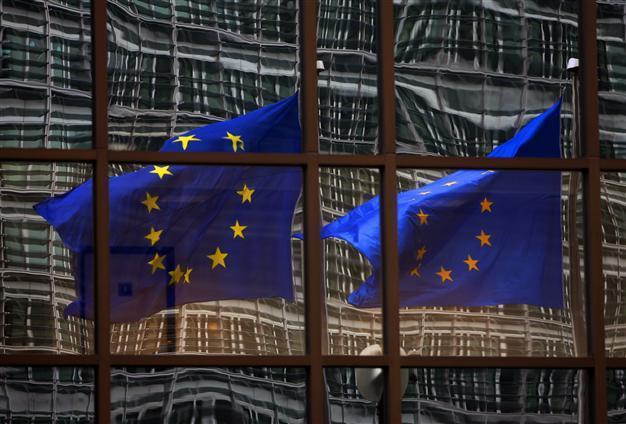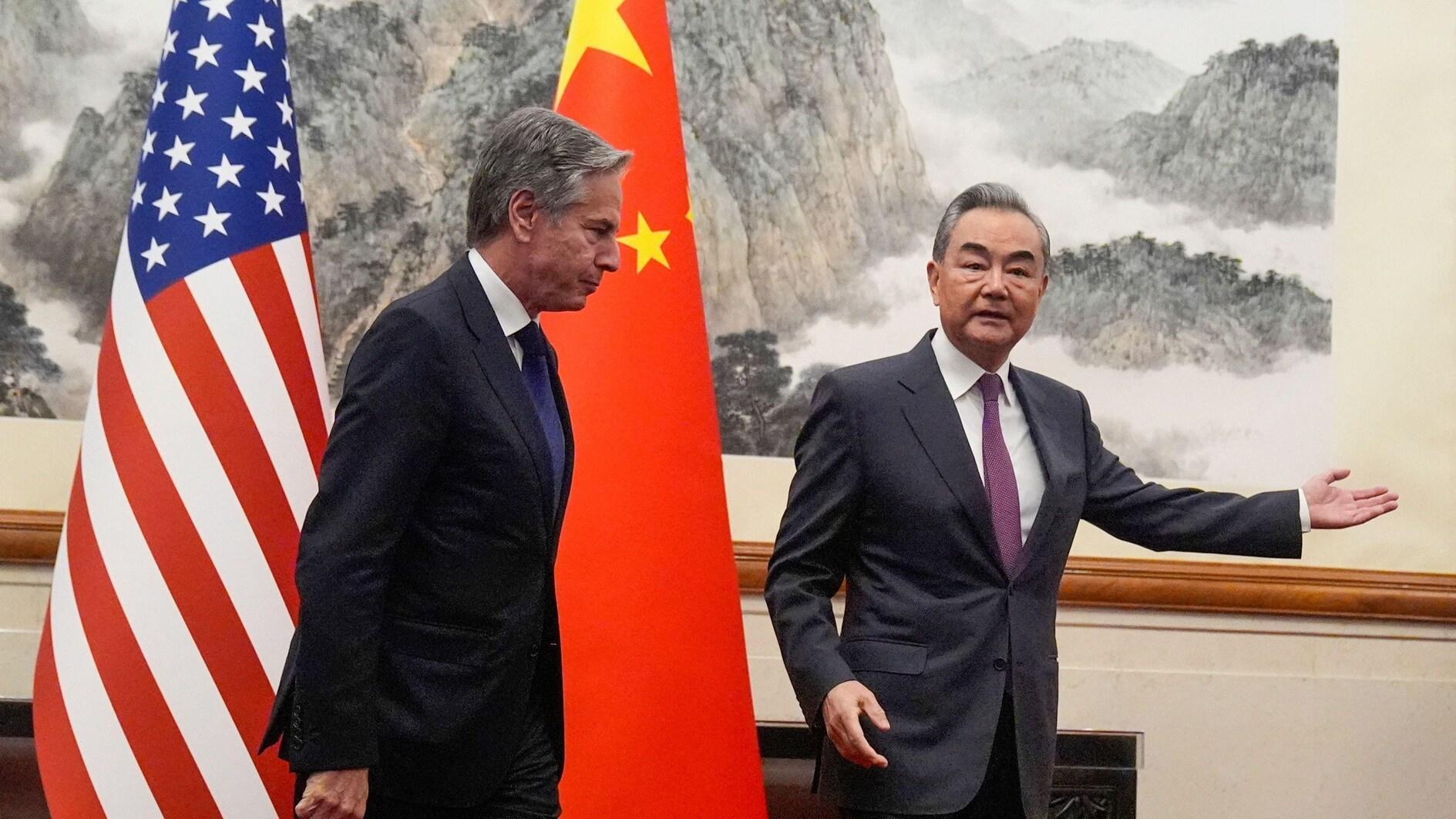EU wins Nobel Peace Prize
STOCKHOLM - Agence France-Presse

AFP Photo
The Nobel Peace Prize was on Friday awarded to the European Union, an institution currently wracked by crisis but is credited with bringing more than a half century of peace to a continent ripped apart by World War II."The union and its forerunners have for over six decades contributed to the advancement of peace and reconciliation, democracy and human rights in Europe," Nobel Committee president Thorbjoern Jagland said in Oslo.
"Over a seventy-year period, Germany and France had fought three wars. Today war between Germany and France is unthinkable. This shows how, through well-aimed efforts and by building up mutual confidence, historical enemies can become close partners," he said, explaining this year's prize decision.
The award is however a surprise at a time when European solidarity is facing its most daunting challenge in decades amid deep rifts between a south drowning in debt and a wealthier north, led by Germany, only reluctantly coming to the rescue.
Whether or not that begrudging assistance will keep the European project afloat remains to be seen, but the deep crisis has broadened the gulf already felt between citizens in the different member states and a Brussels long seen as too distant and bureaucratic.
But the creation of the organisation is credited with helping to bring peace and stability to the war-torn continent by bringing together arch-enemies France and Germany and herding them down the same path.
Despite recurring difficulties, the EU has become the biggest common market in the world, allowing free circulation of goods, people, services and capital.
Over the years, the pioneering project has swelled to encompass 27 countries which not long ago sat on either side of the "Iron Curtain".
They came to the table with vastly different economic, social and cultural situations, but following intense integration efforts, a full 17 of them now share a common currency.
This year's prize will also cause shockwaves in host country Norway, which itself has rejected joining the union twice, in 1972 and 1994, and where three quarters of the inhabitants today say they are opposed to membership, according to recent polls.
The full statement from Nobel Committee:
"The Norwegian Nobel Committee has decided that the Nobel Peace Prize for 2012 is to be awarded to the European Union (EU). The union and its forerunners have for over six decades contributed to the advancement of peace and reconciliation, democracy and human rights in Europe.
In the inter-war years, the Norwegian Nobel Committee made several awards to persons who were seeking reconciliation between Germany and France. Since 1945, that reconciliation has become a reality. The dreadful suffering in World War II demonstrated the need for a new Europe. Over a seventy-year period, Germany and France had fought three wars. Today war between Germany and France is unthinkable. This shows how, through well-aimed efforts and by building up mutual confidence, historical enemies can become close partners.
In the 1980s, Greece, Spain and Portugal joined the EU. The introduction of democracy was a condition for their membership. The fall of the Berlin Wall made EU membership possible for several Central and Eastern European countries, thereby opening a new era in European history. The division between East and West has to a large extent been brought to an end; democracy has been strengthened; many ethnically-based national conflicts have been settled.
The admission of Croatia as a member next year, the opening of membership negotiations with Montenegro, and the granting of candidate status to Serbia all strengthen the process of reconciliation in the Balkans. In the past decade, the possibility of EU membership for Turkey has also advanced democracy and human rights in that country.
The EU is currently undergoing grave economic difficulties and considerable social unrest. The Norwegian Nobel Committee wishes to focus on what it sees as the EU's most important result: the successful struggle for peace and reconciliation and for democracy and human rights. The stabilizing part played by the EU has helped to transform most of Europe from a continent of war to a continent of peace.
The work of the EU represents "fraternity between nations", and amounts to a form of the "peace congresses" to which Alfred Nobel refers as criteria for the Peace Prize in his 1895 will."
















